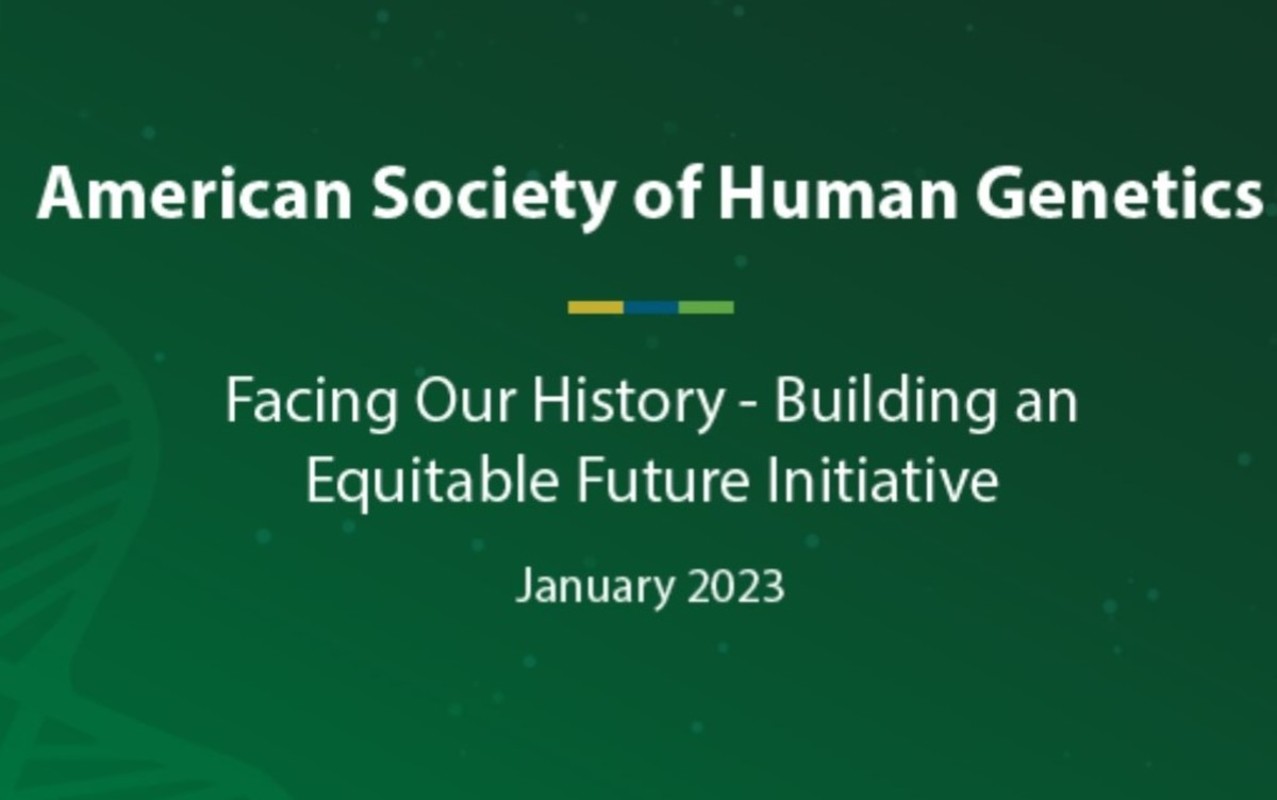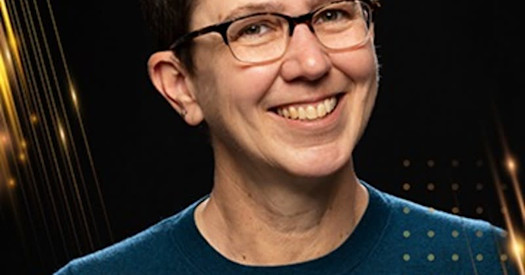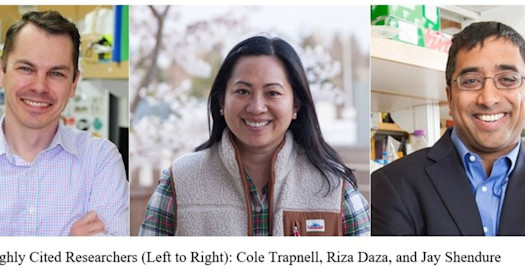
Editor’s Note: BBI’s Dr. Gail Jarvik was president of The American Society of Human Genetics (ASHG) in 2021when the organization launched a year-long initiative to “understand and document experiences of past injustice, as well as progress toward justice, in human genetics research.” That report was released earlier this year.
“I agreed to serve as an ex officio member of the (initiative’s) expert panel because of the project’s importance for the field of human genetics, my support for the Society’s broader diversity, equity and inclusion goals, and my own deep commitment to these efforts….” Jarvik stated. “Scientists have a responsibility to speak out against racist pseudoscience and to support anti-racism. Moreover, greater diversity and inclusion in the scientific workforce and in research participation is crucial to achieving ASHG’s vision that ‘People everywhere realize the benefits of human genetics and genomics research.’”
Below is an excerpt from the January 24th press release announcing report’s findings. The complete release is available here. The full report is here.
ROCKVILLE, MD – The American Society of Human Genetics (ASHG) today apologized for the participation of some of its early leaders in the American eugenics movement, as well as the Society’s failure to consistently acknowledge and oppose harms and injustices tied to the field, including use of human genetics to feed racism, eugenics, and other systemic forms of discrimination. The Society also pledged to strengthen diversity, equity, and inclusion initiatives; better integrate equity principles in the study and use of human genetics in research and policy; and consistently oppose its unjust use.
The actions stem from a report, also released today, of the ASHG Facing Our History – Building an Equitable Future initiative. The 27-page report documents roles played, or support provided by early ASHG presidents and other leaders in eugenics programs and highlights times when the Society actively chose not to speak out when human genetics was used to advance racist ends. Finally, it highlights moments in recent decades when the field pivoted toward greater inclusion and equity.
 BBI's Dr. Gail Jarvik: “Scientists have a responsibility to speak out against racist pseudoscience and to support anti-racism."
BBI's Dr. Gail Jarvik: “Scientists have a responsibility to speak out against racist pseudoscience and to support anti-racism."
As part of its vision to realize the benefits of human genetics and genomics research for people everywhere, the ASHG Board of Directors established diversity as a top strategic priority in 2018. Following the height of racial and social unrest in 2020, it charged the Society to add this review of its own history. The resulting Facing Our History-Building an Equitable Future initiative includes the report, which was informed by a 13-member expert panel of eminent human geneticists, historians, clinician-scientists, and social scientists, and equity scholars. The report process included an intensive research and environmental scan, four expert panel meetings, and a community dialogue.
In a statement issued with the report, the ASHG Board of Directors apologized and issued a set of near-term actions and a plan to promptly identify additional steps after securing additional input from the community.
“ASHG acknowledges and apologizes for the participation of some ASHG founders, past presidents, and other leaders in promoting eugenic ideals that resulted in harms to people of minoritized groups,” the statement says. “The Board also apologizes for ASHG’s reticence and silence at times when it could have publicly refuted the misuse of genetics to feed discrimination and racism. [The Society]… decries that genetics has been used to advance systemic harms against people of many marginalized communities, including those based on ‘race’ and ancestry, religious affiliation, indigenous ancestry, LGBTQ+ identities, and ability.”
The report identified four major themes:
- ASHG and the American Eugenics Movement
- ASHG was Silent when Genetics was Misused to Justify Social Harms
- ASHG’s Evolving Role to Advance Ethical and Legal Protections
- ASHG Strives for a More Equitable and Just Future
The Society announced it will take the following immediate actions:
- Publish the full report and statement publicly online and in its flagship journal, enabling them to become part of public and field dialogue and progress
- Increase integration of equity into its scientific and training initiatives, including content in its annual meeting, journals, and professional education programs
- Sustain advocacy for research diversity, equity and inclusion through its policy and communications agendas
- Continue to build the diversity and inclusivity of its leadership
- Suspend the use of individual names for its professional awards, pending review of any affiliation with eugenics or other harms
- Further prioritize DEI objectives within its upcoming 2024-2028 strategic plan.


